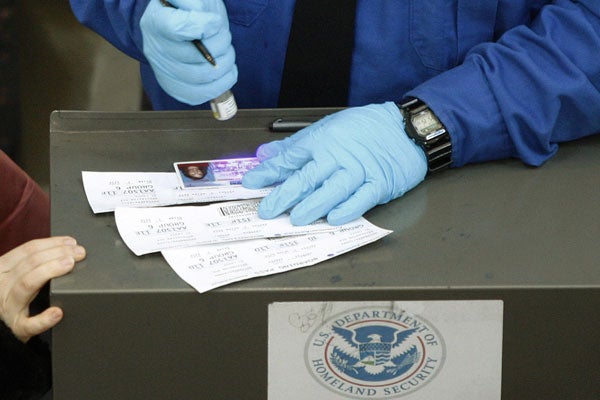In a welcome move, the Transportation Security Administration (TSA) recently announced that it is expanding the pre-screening program known as PreCheck to the general public.
As most travelers are aware, security screening at airports involves an extensive process of removing shoes, liquid containers, laptops, outerwear, and any belts or jewelry that may sound an alarm. The PreCheck program expedites this process by allowing pre-approved participants to move quickly through security, without the increased hassle.
Beginning later this year, all U.S. citizens will be able to apply for the program online, which will require applicants to undergo a background check, provide fingerprints, and pay a registration fee of $85 for a five-year membership. Until now, travelers could join the program only if they were members of select frequent flier programs or other trusted traveler programs.
TSA screens roughly 640 million domestic and international passengers at security checkpoints in the U.S. each year, but only 12 million individuals are currently participating in the expedited screening process. Congress and the Administration should thus continue to expand and promote programs such as PreCheck because they allow the TSA to better focus its limited resources on passengers who are most likely to pose a threat to security.
DHS should also look to expand other cost-effective, risk-based measures, such as the Security Partnership Program, which lets airports opt out of using federal screeners and instead rely on private companies. The privatization of airport screeners increases efficiency, reduces the cost to taxpayers, and still maintains a high level of security.
Additionally, the Administration and Congress should expand the Federal Flight Deck Officer program, which allows eligible flight crew members to carry firearms as a last line of defense. The low-cost program is an important aspect of aviation security and should not be ignored.
As the U.S. continues to face internal and external threats to its critical infrastructure and mass transit lines, it is vital for the Administration to support and expand risk-based security practices within the TSA.































